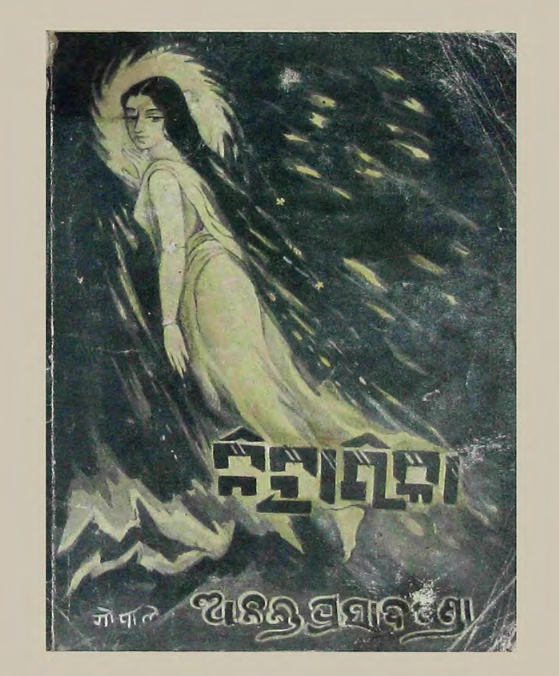Niharika, a captivating collection of poetry by Ananta Prasada Panda, published in 1948, stands as a significant contribution to Odia literature. This anthology reflects the rich cultural heritage and the evolving artistic expressions of the time, showcasing Panda’s innate ability to blend lyrical beauty with profound philosophical insights. The title Niharika, which translates to dew or mist, encapsulates the essence of freshness, transient beauty, and the ephemeral nature of life and emotions—central themes that resonate throughout the collection.
At its heart, Niharika is an exploration of the human condition, weaving together themes of love, nature, existential reflection, and the deep longing for connection. Panda’s poetry transcends mere romantic expression; it delves into the spiritual and emotional landscapes of the human experience. Each poem serves as a pearl in the necklace of human emotions, capturing moments of intimacy, solitude, and contemplation.
Panda’s relationship with nature serves as a constant motif within Niharika. He draws upon the beauty of the natural world—its vibrant landscapes, the changing seasons, and the delicate interplay of light and shadow—as both a backdrop and a source of inspiration for his reflective musings. The imagery is rich and evocative, allowing readers to visualize the scenes he describes while drawing parallels to their own lives. For instance, he might use the imagery of a morning mist enveloping a quiet village to evoke feelings of nostalgia or the fleeting nature of happiness.
The poet’s use of language is one of his most striking qualities. Ananta Prasada Panda’s command over the Odia language transforms his verses into a melodic experience. His choice of words, rhythm, and cadence intricately interweave to enhance the emotional impact of his poems. Readers often find themselves drawn into the lyrical flow, experiencing a range of emotions—from joy and love to sadness and introspection. The accessibility of his language makes “Niharika” not only a work of art but also a heartfelt reflection that resonates with the common person’s experiences.
Beyond the beauty of language and imagery, Niharika embodies deeper philosophical undertones that encourage readers to ponder the complexities of existence. Ananta Prasada Panda invites reflection on themes such as the passage of time, the nature of love, and the search for meaning. This reflective quality makes each poem not just a literary piece but a medium for meditation, urging readers to confront their own beliefs and feelings.
The publication of Niharika in 1948 came at a time when Odisha was undergoing significant social and political changes. The poetic voice of Panda resonated with the aspirations and struggles of the people, encapsulating the sentiments of hope, resilience, and the quest for identity. His poetry became a mirror reflecting the cultural landscape, fostering pride in Odia heritage while also engaging with universal themes.
Books Info
| Books name | Niharika / ନିହାରିକା |
| Author | Ananta Prasada Panda |
| No Of pages | 190 |
| Publisher | NA |
| Publication | 1948 |
| Printed At | NA |
| Distributor | NA |

